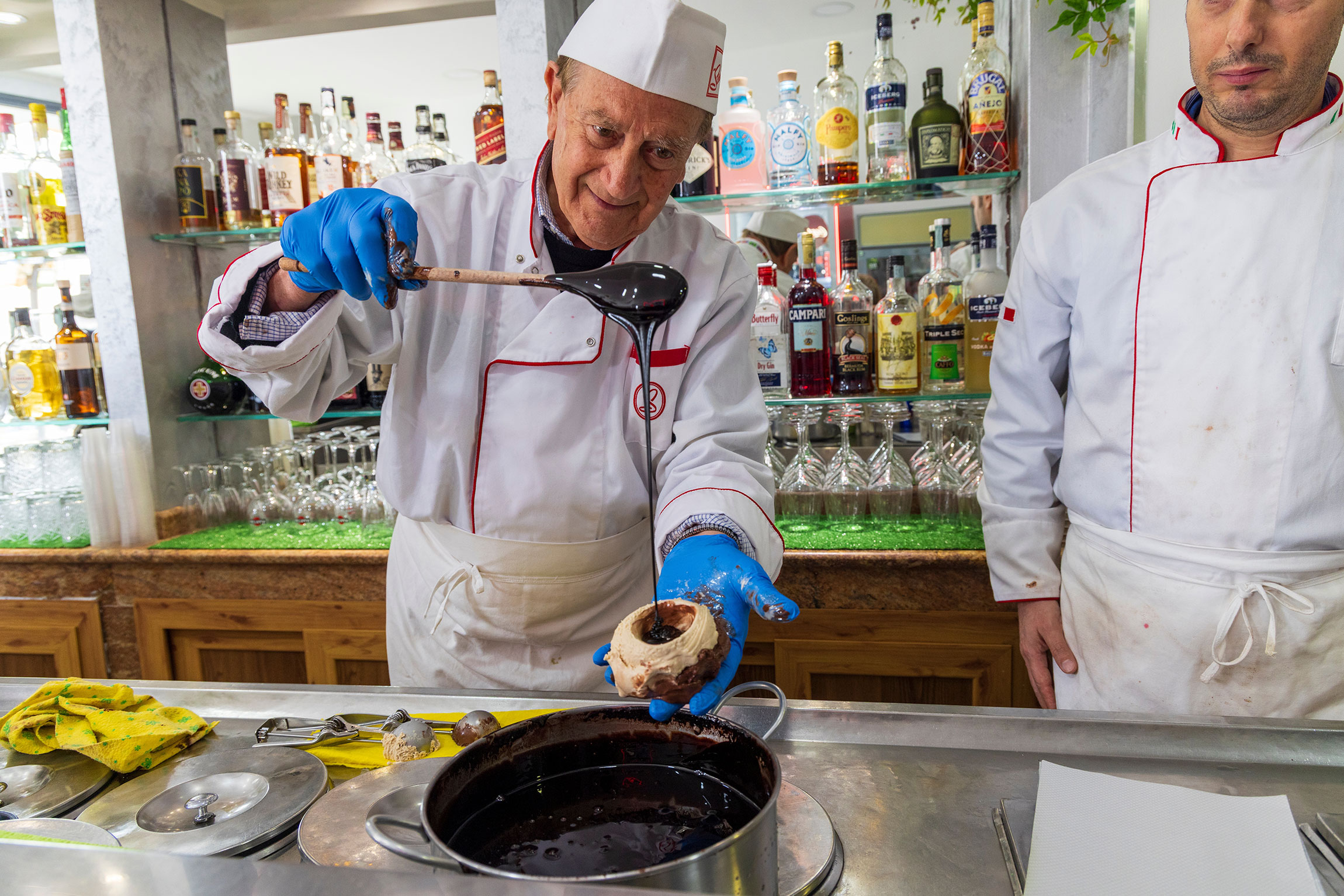I spend a considerable amount of time walking through North Beach. It’s San Francisco’s “Little Italy” and ground zero for our cultural and historical heritage. Certainly there aren’t as many Italians in North Beach as there were a hundred years ago, but the Italian character remains in the historical buildings that are still the homes of the most venerable Italian institutions in San Francisco.
As I walked up Columbus Avenue recently, I noticed something that, being a San Franciscan, one takes for granted in The City. I heard a variety of languages. Some were recognizable, like Cantonese, Mandarin, Tagalog, Spanish, and Portuguese. But what is most noticeable is that the one language you hardly ever hear in “Little Italy” is Italian! Sure you hear it spoken by the barkers in front of the Italian restaurants as they do their best to lure tourists into their eateries, but with rare exception, one never hears Italian on the street anymore.
It made me angry. Not that people were speaking Cantonese and Spanish and all the other languages that I heard. They were just preserving their heritage through their traditional language. What made me angry was that the only people not employing their ancestral tongue were the very people whose ancestors built this most Italian of neighborhoods in San Francisco—the Italians.
I was on my way to Saints Peter and Paul Italian Church to talk to Father Armand Oliveri, and during our talk, I abruptly asked him about the use—or non-use—of Italian in North Beach. After all, Father Armand arrived in North Beach in 1929 and has seen the neighborhood change quite a bit during the ensuing eighty-plus years. He told me that when he arrived from Italy, his mother had to take classes to learn English. He also said that he didn’t recall his mother ever actually speaking English, because everyone in North Beach spoke Italian.
Italian restaurants in North Beach
Italian restaurants in North Beach
Certainly as the children and grandchildren of immigrants assimilate into a new society there is a desire to fit in and speak the language that their friends speak, but most ethnic groups continue to maintain their ancestral language skills, even if they only use them within their own homes or communities. Why was this not the case with the Italians?
One theory is that World War II changed everything for San Francisco’s Italian Community. No longer viewed as the hard-working immigrants that built North Beach and then re-built it in less than a year after the Earthquake and Fire of 1906, Italians were now the enemy. After the bombing of Pearl Harbor by Japan, it took virtually no time at all for Italy to declare war on the United States, and in one fell swoop, Italians became “enemy aliens.”
The Italians saw what was happening to Japanese-Americans, and the last thing they wanted was to be sent to an internment camp. The so -called Tenney Committee was holding hearings on un-American activities, and prominent Italian-Americans were being excluded from California with only forty-eight hour notice. Italians were not allowed to live close to the Pacific coast for fear they might signal the Japanese (because Italian and Japanese are such similar languages). Curfews prohibited Italians from being out at night, devastating the Italian fishing industry. As Father Oliveri said, “Italians were scared.”
So it was no wonder that Italian parents told their children not to speak the Italian language—the “enemy’s language.” Italians joined the American armed forces in droves to prove their loyalty to their adopted home. As a matter of fact, more Italians joined the American armed forces during World War II than any other ethnic group.
In no time at all, Italians became Italian- Americans, then “Americans of Italian extraction,” a condition that occurs when all the Italian has been extracted out of you. When the United States and Italy ended hostilities and peace was restored between them, the job of assimilation was complete, and before long, we pretty much forgot what it was to be Italian. We wanted to be Americans, and rightly so. But there was lingering shame, and a desire to fit in, and the end result was a loss of our ancestral heritage and identity, and with it, the Italian language.
One can only hope that nearly seven decades later, it’s not too late to recognize what we have lost, and commit ourselves to once again embracing not only our history and heritage, but also la nostra lingua.
Nickolas Marinelli serves as the Director of Community Relations at the Italian Cemetery in Colma. He would appreciate your feedback, com-ments and suggestions for future columns. Nickolas can be con-tacted by e-mail at: Nickolas@ Nostra Colonia.com


























